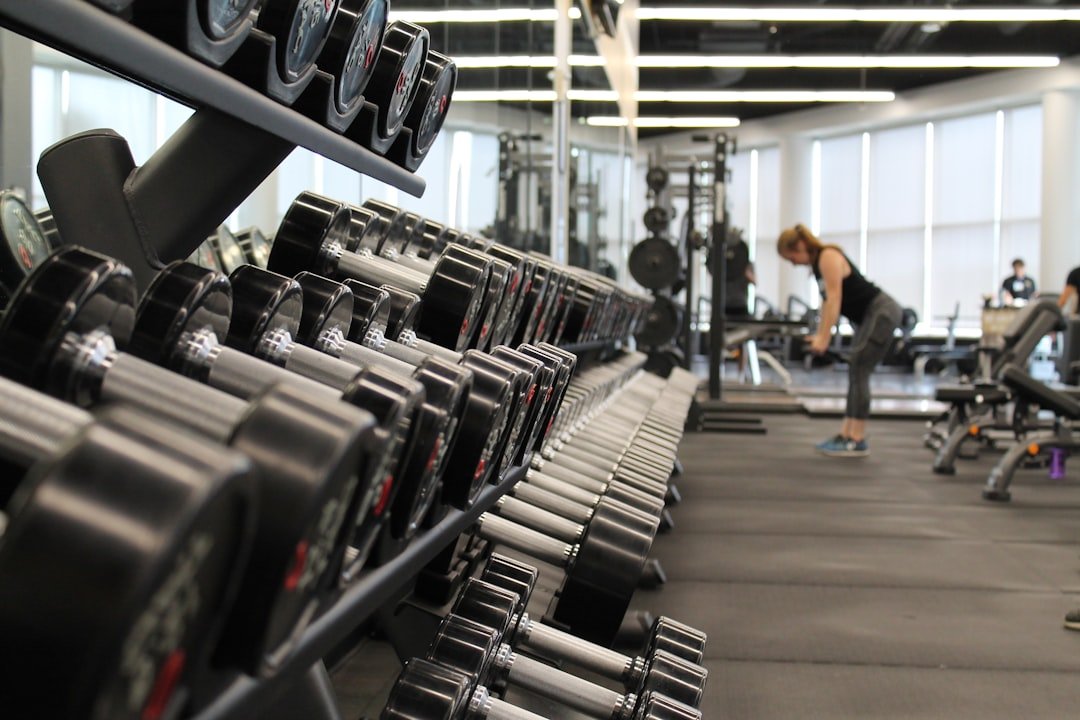
The ears play an essential role in our hearing system, highlighting the need for their protection against potential harm. While maintaining cleanliness is important, it is equally vital to prevent and manage any infections. Keeping noise levels in check and being vigilant for signs of hearing deterioration are critical components of ear health. If you have any doubts or issues, seeking advice from a healthcare professional is advisable.
If you are already experiencing some degree of hearing impairment, ongoing care is essential to stave off any further deterioration. Here are several strategies to help safeguard your auditory health:
Exercise caution when cleaning your ears. It’s wise to use a damp cloth wrapped around your index finger to gently clean your earlobes, while avoiding the use of cotton swabs or sharp instruments that can injure your eardrums or ear canals. Earwax serves a natural function by protecting and cleaning the ears; if you require its removal, seek assistance from a professional. Attempting to do this yourself may risk damaging delicate ear structures.
Ear blockages are typically temporary issues. Consider trying to stretch your jaw, pop your ears, or apply wax softeners combined with steam or a warm cloth to alleviate the blockage.
Exposure to loud sounds is one of the primary factors contributing to hearing loss. When attending live events, wearing earplugs or taking breaks to give your ears a rest is wise. Recovery from a loud evening can take up to 16 hours, underscoring the importance of regular breaks and ear protection. If you already have hearing impairment, it’s best to steer clear of loud environments to prevent further damage.
In noisy work settings, such as construction sites, always don appropriate safety gear. Continuous exposure to loud sounds can exacerbate hearing loss and lead to permanent damage if ear protection is not utilized.
If you’ve begun to notice a decline in your hearing abilities or find that others remark on your difficulty in following conversations, consulting an audiologist for a thorough evaluation is recommended. Regular hearing checks act as a proactive measure, particularly for those frequently in loud settings.
Activities such as swimming or visits to the beach can pose risks to your ear health. Water trapped in the ear canal can lead to bacterial growth and infections. Ensure your ears and any hearing devices remain dry. After showering, dry your ears afterward or tilt your head to allow any trapped water to escape. Infections can further exacerbate hearing loss, making it crucial to keep your ears dry.
Regardless of whether you have experienced hearing loss, it is vital to safeguard your ears from both noise pollution and infections. Maintain cleanliness and dryness of your ears and devices, wear protective gear in noisy environments, and consult a specialist if you encounter pain or unusual symptoms. Proactive measures are essential for preserving your hearing.





